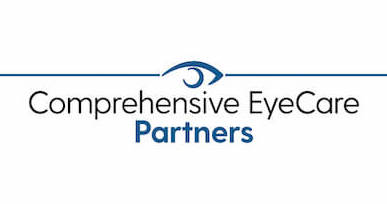
If you need to have cataract surgery and have an FSA, you may be able to have it covered. This depends on the kind of FSA that you have and if you have traditional cataract surgery.
If you have an FSA and need cataract surgery, this may be a way to use any pre-tax earnings in the form of flexible spending dollars that are about to expire. Keep reading to learn more about how to use an FSA to pay for cataract surgery!
FSA or HSA?
It’s important to know if you have an FSA or an HSA (Health Savings Account). These types of accounts are actually quite different even though they’re both used to pay for medical costs with pre-tax income.
The big difference between the two is that an HSA will roll over from year to year. That means that if you don’t spend the money in the account, that money will still be available the next year.
But with an FSA, the money does not roll over, meaning that if you don’t use all of the money in it by the end of the year, you’ll lose it.
An HSA is also usually controlled by an individual while an FSA is controlled by your employer.
That means you may also lose the account if you switch jobs. If you have an FSA, the end of the fiscal year is a good time to look into using it for cataract surgery. It’s also a good time to think of using it if you’re planning on switching jobs soon.
Cataract Surgery with an FSA
Since funds from an FSA don’t roll over, it’s important to know how much you can contribute and if that amount will cover the cost of cataract surgery. Cataract surgery is necessary when the natural lens of the eye becomes cloudy.
When this happens, your vision will start to become progressively worse. The cost of cataract surgery is not always completely covered under an FSA.
It will then be up to you to cover the rest of the cost of the procedure. If you choose a premium intraocular lens to have implanted during cataract surgery, it’s likely this won’t be part of what’s covered during the procedure. The maximum yearly contribution to an FSA is $2,650 per individual and $5,300 per household.
Cataract Surgery and Health Insurance
If you need to have cataract surgery, your health insurance may cover part of the cost as well. With cataract surgery, it is seen as a medically necessary procedure.
If you have traditional cataract surgery and stick to a standard intraocular lens, this is something that your plan (and Medicaid) will likely cover. Choosing premium lenses or opting to have laser cataract surgery may result in having to pay more out of pocket.
For many patients, this is worth it, because they can see clearly after cataract surgery and no longer need glasses or contact lenses. If this is something that you can afford, it is worth considering.
Wondering if you could use your FSA to pay for cataract surgery? Schedule a cataract screening at Shepherd Eye Center in Las Vegas, NV now!


